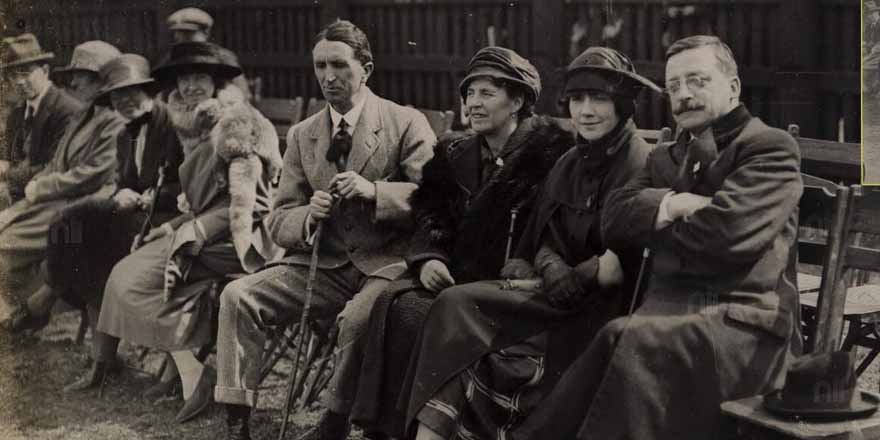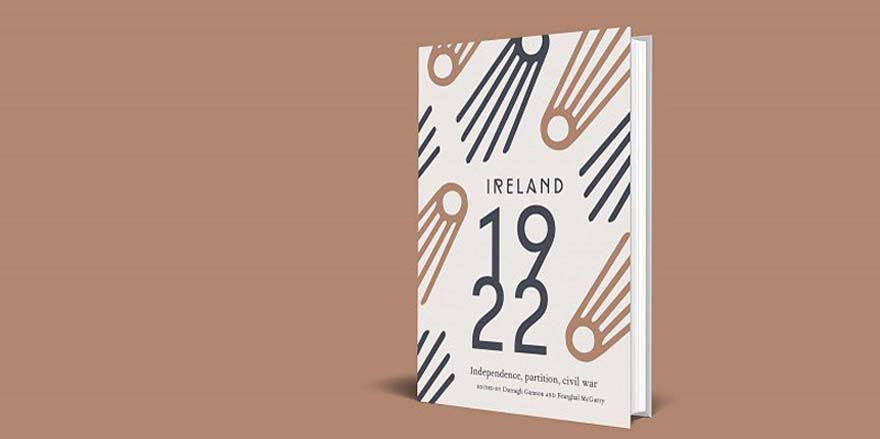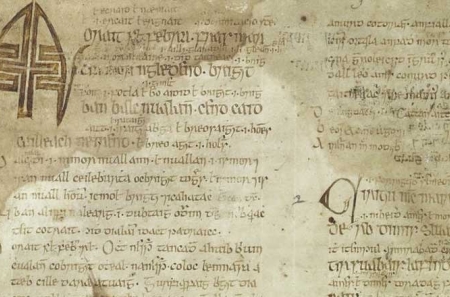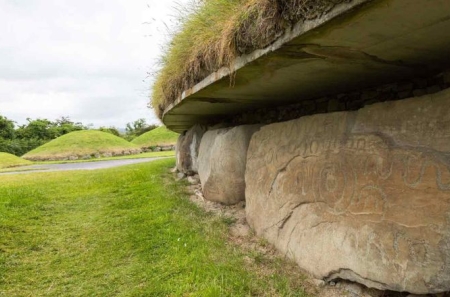
3 August 1922: The Abandoned Tailteann Games
03 August 2022Read Paul Rouse's essay on sport, nationality and partition on Century Ireland.
Ireland 1922, edited by Darragh Gannon and Fearghal McGarry, features 50 essays from leading international scholars that explore a turning point in history, one whose legacy remains controversial a century on. Building on their own expertise, and on the wealth of recent scholarship provoked by the Decade of Centenaries, each contributor focuses on one event that illuminates a key aspect of revolutionary Ireland, demonstrating how the events of this year would shape the new states established in 1922. Together, these essays explore many of the key issues and debates of a year that transformed Ireland.
In collaboration with Century Ireland, we are making the 50 essays freely available online. Today's essay is by Paul Rouse which covers the abandonment of the major two week sporting and cultural festival that was the Tailteann games.
The plan was a clear one: on 3 August 1922 the new Irish Free State would stage the opening ceremony of a major two-week sporting and cultural festival. That festival—the Tailteann Games—was to be modelled on the modern Olympic Games and planning for it began in earnest at Cabinet meetings in February 1922.
While the modern Olympic Games were the model, the inspiration for the Tailteann Games was rooted deep in the traditions of Irish nationalist history and mythology. The Tailteann Games were presented as a revival of a festival supposedly held at Tara, from 632 bc until the last record of the event in ad 1168—just before the ‘English invasion’ of 1169. The Games were said to have involved athletic and equestrian events and cultural contests in poetry, music and dancing, held on a peaceful, unified island. The historical record does not sustain these claims, but the message was clear:despite centuries of invasion and oppression (political, economic and cultural) the Irish had survived and so had their unique culture. Continue reading (you will be redirected to the website of Century Ireland)
Ireland 1922, edited by Darragh Gannon and Fearghal McGarry, is published by the Royal Irish Academy with support from the Department of Tourism, Culture, Arts, Gaeltacht, Sport and Media under the Decade of Centenaries 2012-2023 programme.




